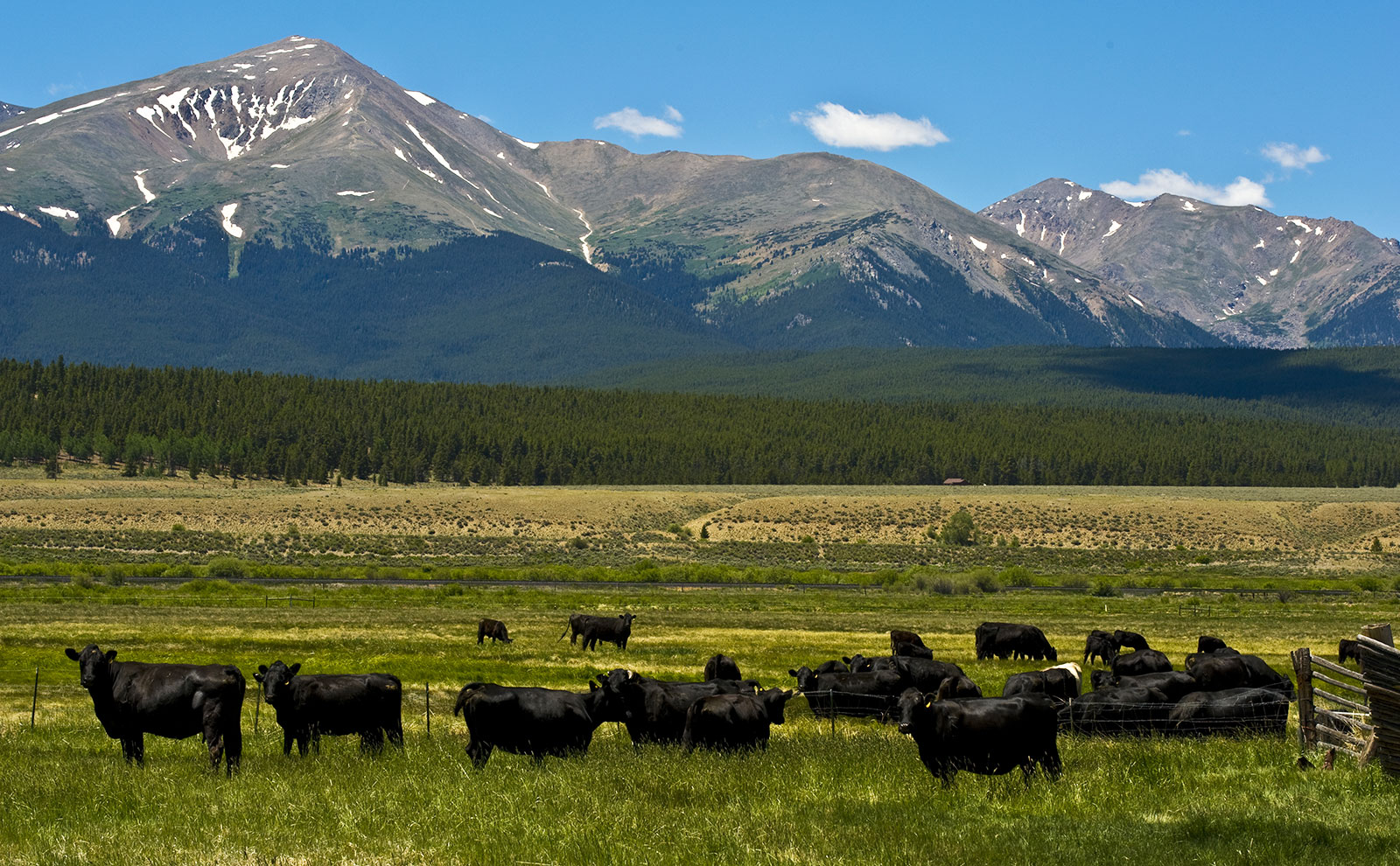The March board meeting of the Upper Arkansas Water Conservancy District covered the usual range of topics – augmentation, water storage, proposed legislation, engineering projects and legal concerns.
In his report on reservoir operations, hydrologist Jord Gertson reported that the Upper Ark District currently stores 4,643.9 acre-feet of water in various reservoirs.
In the legislative category, the district board of directors voted unanimously to authorize staff and legal counsel to draft a resolution opposing the Protect Animals from Unnecessary Suffering and Exploitation, or PAUSE, ballot initiative.
Upper Ark General Manager Terry Scanga commented, “My opinion is it will wipe out agriculture as we know it if this thing passes.”
Scanga pointed to the significant nexus between agriculture and water and recommended that the board approve a resolution opposing the initiative based on that nexus.
Board Chairman Tim Canterbury echoed Scanga’s statement: “Agriculture as we know it in Colorado, if this ballot initiative were to pass, would cease. I have never seen a more detrimental initiative, in particular, to agriculture. … This thing is absolutely ludicrous.”
Vice Chair Greg Felt also spoke against the ballot initiative, noting that, without agriculture, “we might well not have a district. … It’s all so interwoven.”
As reported by The Fence Post, the proposed PAUSE initiative would change Colorado’s criminal cruelty to animal statutes to include livestock and “criminalize some actions that are currently accepted animal husbandry practices.”
The PAUSE initiative would amend Colorado Revised Statute 18-9-201 to extend animal cruelty protections to “any living non-human creature,” including livestock, and would remove exemptions for “accepted animal husbandry practices,” including artificial insemination.
The PAUSE website refers to existing animal husbandry exemptions as “a loophole in the definition of sexual act with an animal.”
The initiative also seeks to prohibit the slaughter of livestock animals before they have “lived one quarter of their natural lifespan” and would set natural lifespans at 20 years for cattle, 15 years for pigs and sheep, 10 years for turkeys, 8 years for chickens, and 6 years for ducks and rabbits.
This provision would criminalize lamb and veal production but would allow the sale of lamb and veal from other states to continue.
The Fence Post reports that Shawn Martini, Colorado Farm Bureau vice president of advocacy, called the PAUSE initiative “foolhardy at best. … If this were to make it to the ballot, Martini said, it would again be a case of neglecting to accept any input from the stakeholders affected by all sectors of the livestock industry and would erase billions of dollars from the state’s economy.”
Radio station KOOL 107.9 FM reports that the age requirement would cost consumers an extra $2 per pound for beef, according to Travis Taylor, a Colorado State University livestock extension agent.
Alexander Sage of Broomfield and Brent Johannes of Boulder filed the initiative with the Colorado Secretary of State.





